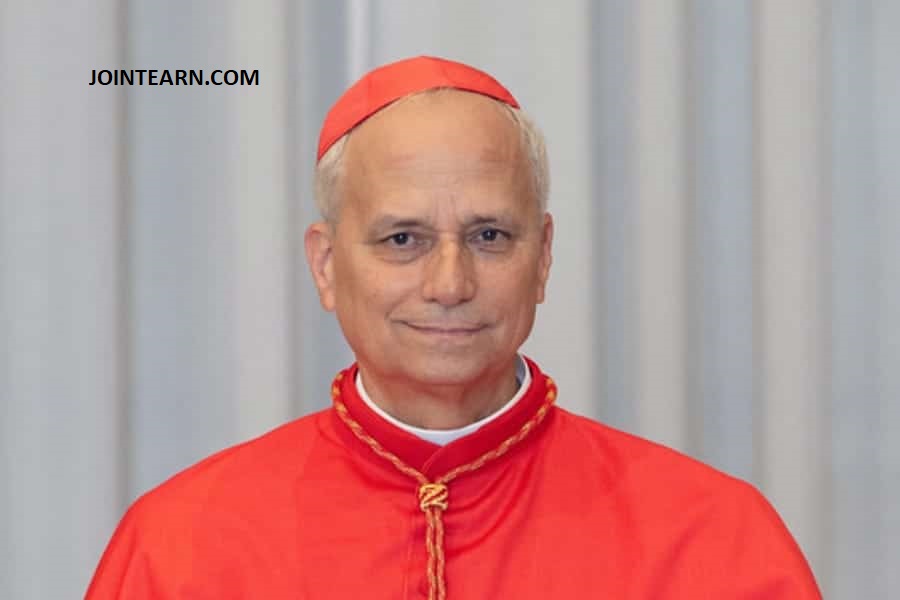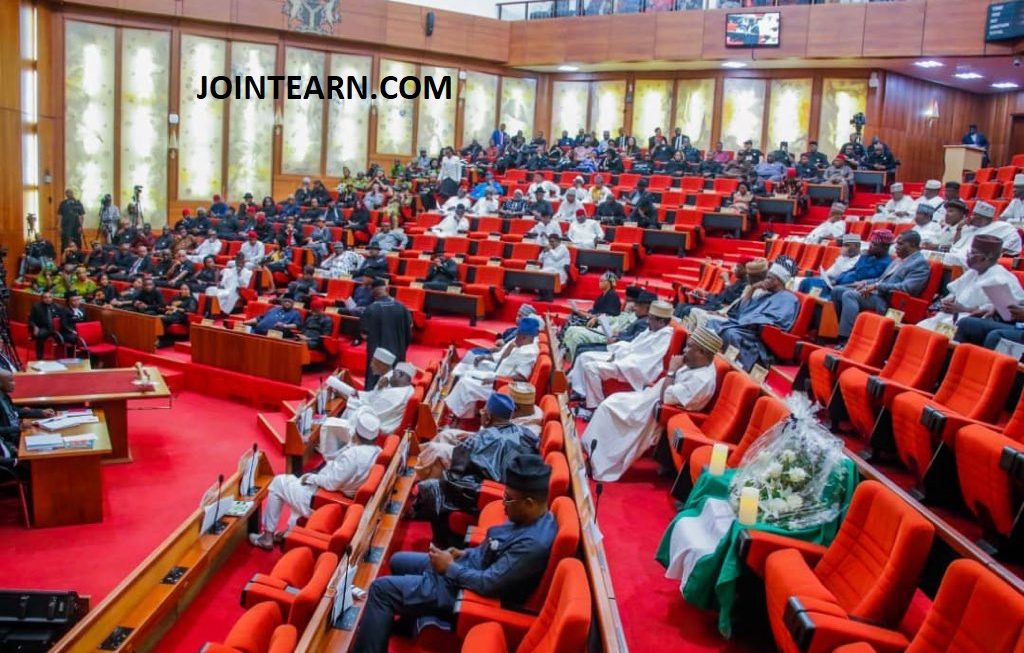Amid growing concerns over the persistence of insecurity across Nigeria, President Bola Ahmed Tinubu has come under increasing pressure from security analysts, civil society groups, and concerned citizens to crack down on the financial networks sustaining criminal activities throughout the country.
Calls for urgent and decisive action are mounting as the nation continues to grapple with violent crimes including terrorism, banditry, kidnapping, oil theft, and separatist insurgencies. These activities, according to multiple sources, are being fueled by deeply entrenched criminal funding systems that operate both within and outside Nigeria’s borders.
Insecurity Still Rampant
Despite several military offensives and security reforms, Nigeria continues to experience widespread violence in many parts of the country. In the North-West and North-Central regions, bandits operate with relative ease, attacking communities, abducting travelers, and demanding huge ransoms. In the North-East, remnants of Boko Haram and Islamic State West Africa Province (ISWAP) remain active, while in the South-East, attacks linked to separatist agitators have destabilized several communities. Meanwhile, the South-South continues to suffer from crude oil theft and pipeline vandalism.
Security experts and local leaders have repeatedly highlighted the role of illicit financial flows, arms trafficking, and informal economic systems in enabling these groups to persist despite military pressure.
Criminal Networks Well-Organized and Funded
Security analysts believe that a network of financiers—including corrupt politicians, business figures, and foreign collaborators—sustain the operations of these criminal groups. Funds generated through illegal mining, cross-border smuggling, cyber fraud, and kidnapping for ransom are funneled into weapons procurement, recruitment, and logistics.
“Criminals don’t operate in isolation. There’s a whole ecosystem of enablers—those who buy the stolen oil, those who launder the ransom payments, those who help import the arms,” said retired Army Colonel Hassan Audu. “To dismantle insecurity, you must choke the flow of money.”
Colonel Audu emphasized that unless the Tinubu administration adopts a more intelligence-driven, financial-centered approach to security, military interventions alone will remain insufficient. He called for a coordinated effort involving the Economic and Financial Crimes Commission (EFCC), the Nigerian Financial Intelligence Unit (NFIU), and the Central Bank of Nigeria (CBN) to trace and disrupt financial links to criminal elements.
Civil Society Groups Speak Out
Civil society organizations have also joined the call, demanding that President Tinubu go beyond deploying troops and declare a full-scale war on the financial lifelines of insecurity. The Centre for Democratic Accountability (CDA), a prominent advocacy group, released a statement urging the presidency to initiate an independent audit of sectors prone to abuse, including mining, border trade, and humanitarian aid.
“The financing of insecurity thrives in the shadows of corruption, weak oversight, and compromised institutions,” said CDA Executive Director, Kemi Oduwole. “The President must show political will by empowering agencies to investigate and prosecute those financing terrorism, banditry, and separatism, regardless of their social or political status.”
The group also called on the National Assembly to pass stronger legislation targeting money laundering, cryptocurrency misuse, and anonymous business ownership—common tools used by criminal financiers.
Regional Leaders Demand Action
Governors from several states have expressed frustration over the unrelenting wave of insecurity and urged the federal government to strengthen its response to the financial angle of the crisis. Governor Dikko Radda of Katsina State, during a recent security meeting, lamented the ease with which bandits acquire sophisticated weapons and maintain long-term control over forested regions.
“How do these people feed, arm themselves, and communicate across large distances if they don’t have steady funding and backing? We must go after those sponsors,” Governor Radda stated.
Similar sentiments were echoed by the Governor of Zamfara State, Dauda Lawal, who called on the federal government to empower state-level intelligence units and allow governors greater control over security spending.
Intelligence-Led Approach Needed
Many experts argue that a renewed emphasis on intelligence gathering and inter-agency collaboration is necessary to dismantle these financial networks. They point to successes in other countries where governments have frozen accounts, arrested key financiers, and tightened regulations on cross-border cash flows.
In Nigeria, however, bureaucratic bottlenecks, turf wars among agencies, and a lack of data sharing have hindered progress. Analysts are calling on President Tinubu to take the lead in fostering coordination among security agencies, financial regulators, and international partners.
A former senior intelligence officer, who spoke on condition of anonymity, said, “We have the capacity to track and intercept these funds, but what’s lacking is the political will and sometimes protection from powerful people who benefit from the chaos.”
Public Expectations High
As the Tinubu administration marks nearly a year in office, public expectations remain high. The President had campaigned on a promise to restore security and economic stability, but many Nigerians feel that not enough progress has been made on either front.
“I voted for President Tinubu because I believed he would take tough decisions,” said Hauwa Sule, a resident of Kaduna. “But these criminals are still operating freely. We need him to act fast and deal with their sponsors decisively.”
Security remains one of the most urgent challenges facing the country, with implications for agriculture, education, and investment. Many communities have become internally displaced due to insecurity, and businesses have fled volatile regions, worsening unemployment and poverty.
Conclusion
With pressure mounting from all sides, President Tinubu faces a critical test of leadership. The fight against insecurity must now go beyond the battlefield and enter the boardrooms, bank accounts, and back channels where criminal funding networks operate.
For lasting peace and security to return to Nigeria, the financial arteries that sustain violence must be identified, exposed, and severed. Citizens, analysts, and stakeholders are watching closely, hoping that the Tinubu administration will rise to the challenge and deliver a strategy that combines force with forensic financial intelligence.









